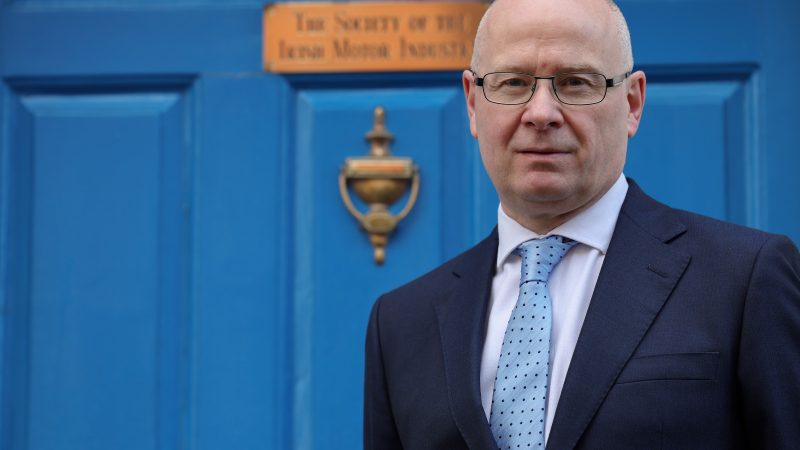Forecourts struggled as customers cut back on non-essential travel: CSNA

Forecourt convenience stores in tourist areas of Ireland suffered over the summer because customers cut back on non-essential travel to save money, according to CSNA director Vincent Jennings.
Stores are also being hit by energy and cost increases on their own account and are no longer able to find ways to offset those, he told IFCR.
“It’s certainly the case that people have held back on making secondary and leisure-based journeys – there’s no doubt about that – and there are natural problems that follow from that,” Mr Jennings said.
“I suppose suburban areas have been the beneficiary of people not going away, but certainly those in the seaside areas and those in tourist areas that would rely upon trade through the summer period are significantly down and suffering as a result.
“Energy prices, both at the fuel end of things and more worryingly at the electricity and gas end, just seem to go only one way and that’s up. And people have now really started noticing this steady increase in their costs over the last number of months – they’re finding it difficult to find a way to offset the pain that has been caused from it.”
Labour challenges
Stores and forecourts also struggled with labour challenges this summer, Mr Jennings added.
“4.2% is the unemployment level at the moment, which is the lowest in 21 years, and to all intents and purposes that is full employment,” he said.
“An awful lot of youngsters have chosen to leave the country between now and going back to college so they’re not available to you – so we have real difficulties at staff level. And it doesn’t seem as though there’s any light at the end of the tunnel in this one.”
While there have been suggestions that paying higher pay rates could alleviate these labour problems, Mr Jennings said he didn’t believe it would work.
“Even if it was the case you would be suffering significantly in terms of your ability to provide a service in a sustainable fashion, because the model that we use is one that actually relies upon a significant number of people,” he said.
Drastic measures
Retailers are having to take drastic measures as a result, Mr Jennings said.
“Sometimes it is almost counterproductive what people have to do, but needs be as needs are. There’s almost certainly a curtailing of trading hours, there’s no doubt about that, but that actually doesn’t necessarily benefit them in the short term or the long run. It puts a sticking plaster on something for a short period of time,” he said.
“But you can’t run your business into the ground by working your workers to the bone either. They’ve got to have time off and they’ve got to have scheduled hours and everybody is entitled to their breaks and things like that.
“It’s not something that you can just continue in that inexorable rise to try to resolve a problem by cut, cut, cut – it doesn’t work that way.
“What does happen in a case like that is that owners of a business are actually spending more and more time doing non-management matters – and that also causes difficulties for people’s mental wellbeing as well.”
Impulse purchases hit
When it comes to spend, customers are behaving more cautiously because of economic uncertainty, and that is hitting impulse purchases, he said.
“Launching a new product at the moment would be a very difficult task for a company, I would have thought, because people are already aware of the huge additional costs that are coming down the line, either for accommodation, for third level, for going back to school costs and all of those.
“It just seems to be that there’s a drag away from being able to have the niceties of life, and more and more people are being sucked into that.
“There was a statistic that came out the other day, showing the amount of people that were being affected by the cost of living and it really was almost across the board. – everybody in some shape or form was being affected in a significant fashion by these cost of living increases.”
Government help
Mr Jennings said there are ways for the government to relieve this predicament.
“They’ve got to do a couple of things. They’ve got a budget and they certainly know there is a clamour for people to give serious consideration to placing a levy or a windfall tax on the windfall profits that energy companies are making, and I don’t think that is an unreasonable suggestion when you consider the enormity of money that is being made, many on the back of publicly provided infrastructure services,” he said.
“I think that there is a case for putting more money into the public finances and certainly if nothing else could be done, tackling both the housing and the childcare crises is absolutely crucial to get the country on some level of an even keel. The accommodation/housing and childcare issues really need to be seen as a matter of absolutely crucial priority.”
To read the full feature in IFCR, click HERE.







